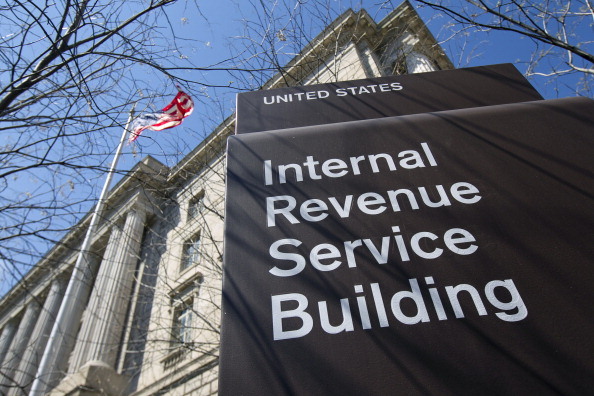Americans will be unpleasantly surprised to find their tax refunds smaller than expected for 2022, with the IRS announcing reduced refunds for the coming year as well, in a blow to many who rely on the refunds as a supplement to their savings.
“Refunds may be smaller in 2023. Taxpayers will not receive an additional stimulus payment with a 2023 tax refund because there were no Economic Impact Payments for 2022,” according to an IRS news release.
“In addition, taxpayers who don’t itemize and take the standard deduction, won’t be able to deduct their charitable contributions,” the release said.
According to analysts, 2021 pandemic-related government initiatives and recently passed changes to the tax code are some of the reasons for lower tax refunds.
The U.S. Department of Education suspended all student loans, along with interest accruals, during the pandemic lockdowns leading to the $2,500 above-the-line deduction being rendered worthless during the period. This means that consumers no longer have the option to reduce deductions from their gross income, leading to higher taxable income and smaller refunds.
In March 2021, child tax credit was increased from $2,000 to $3,000 for every child aged 17 and under, plus an additional $600 for children under six years old, under the American Rescue Plan. The rise in child tax credit will discount tax refunds for many U.S. citizens.
As the government waived federal taxes in 2020 on unemployment income, the employment assistance provided during 2021 is considered taxable. Many people are seeing fewer tax refunds because millions of Americans collected unemployment benefits at one time or another in 2021.
